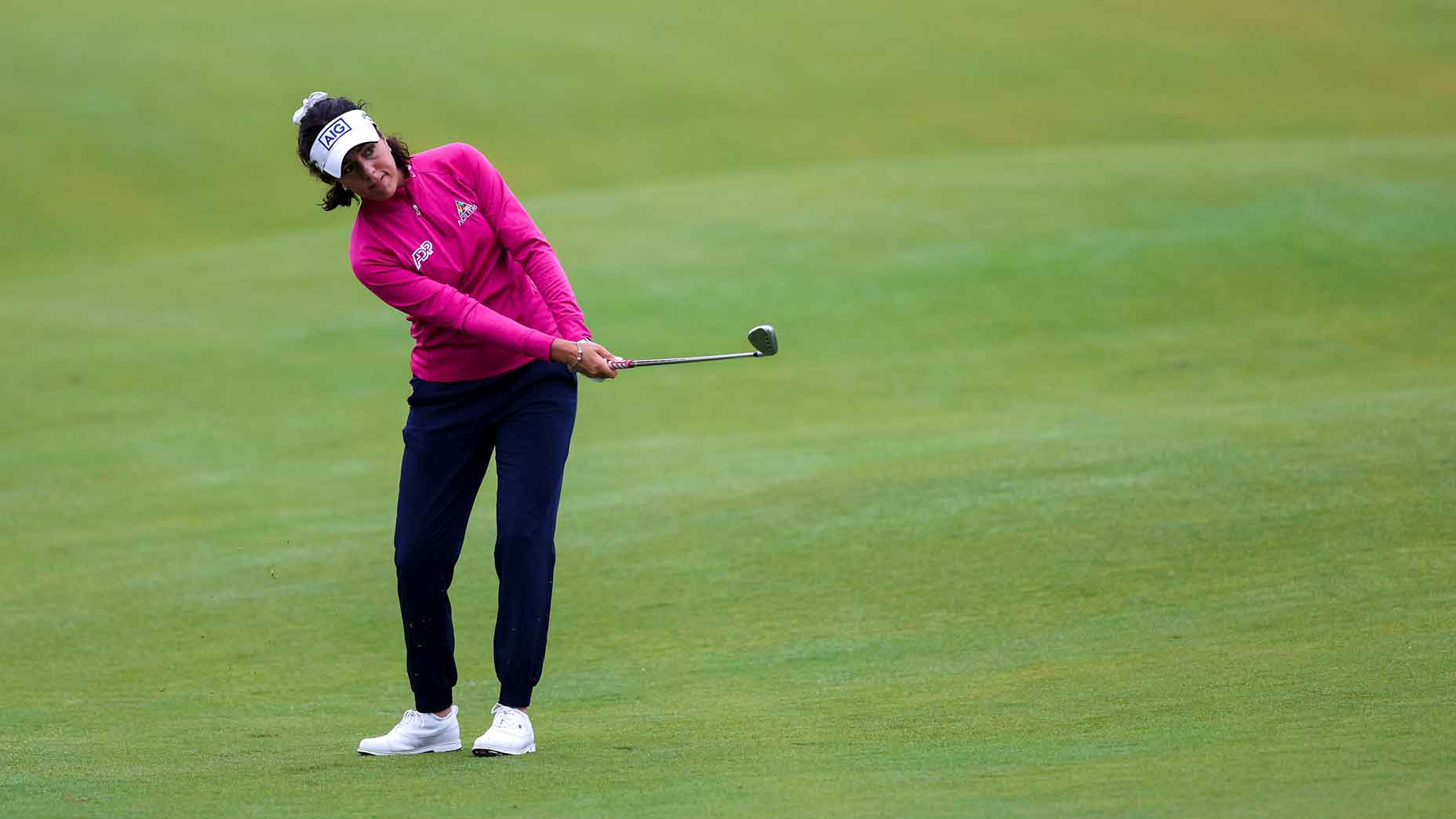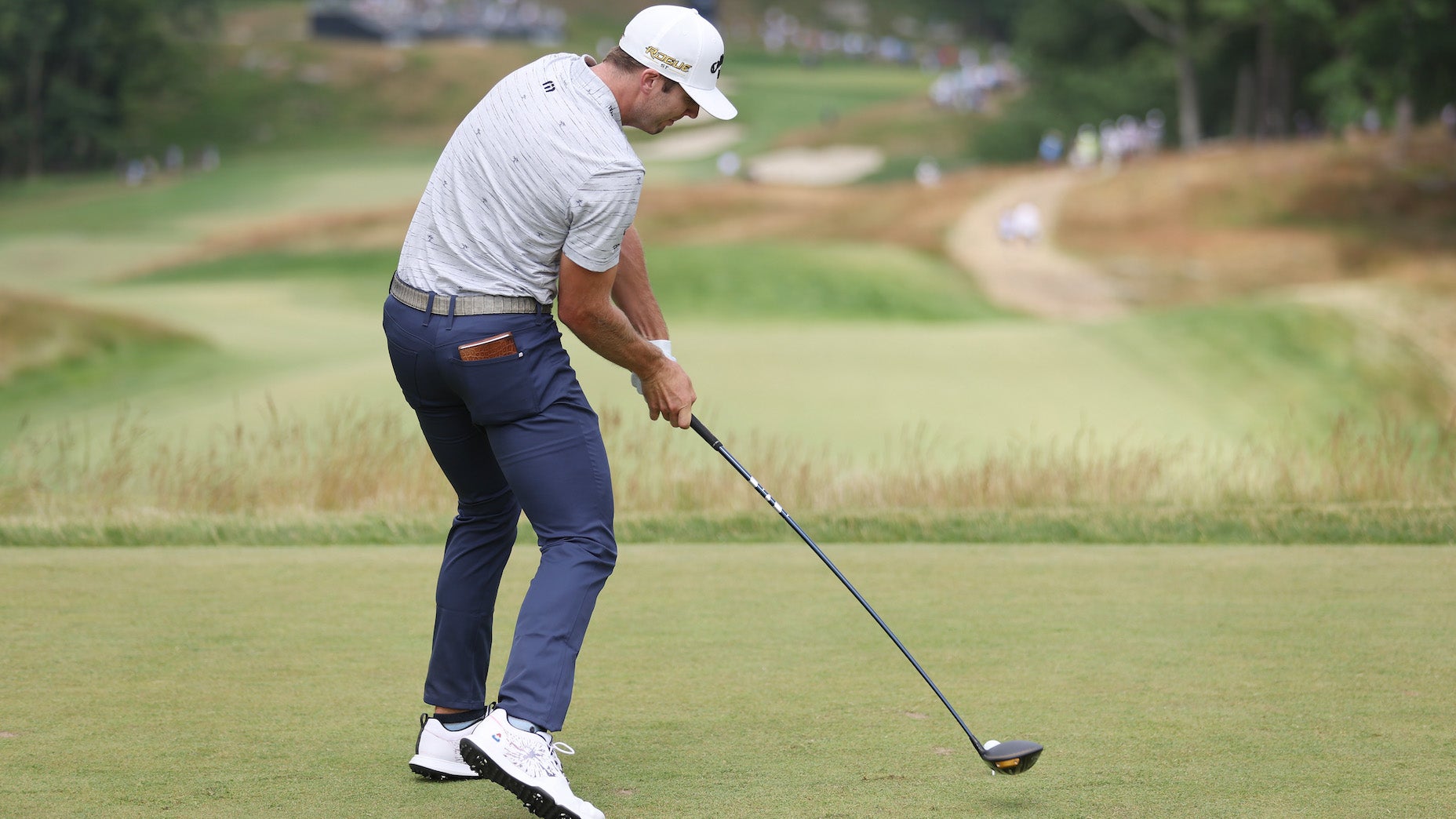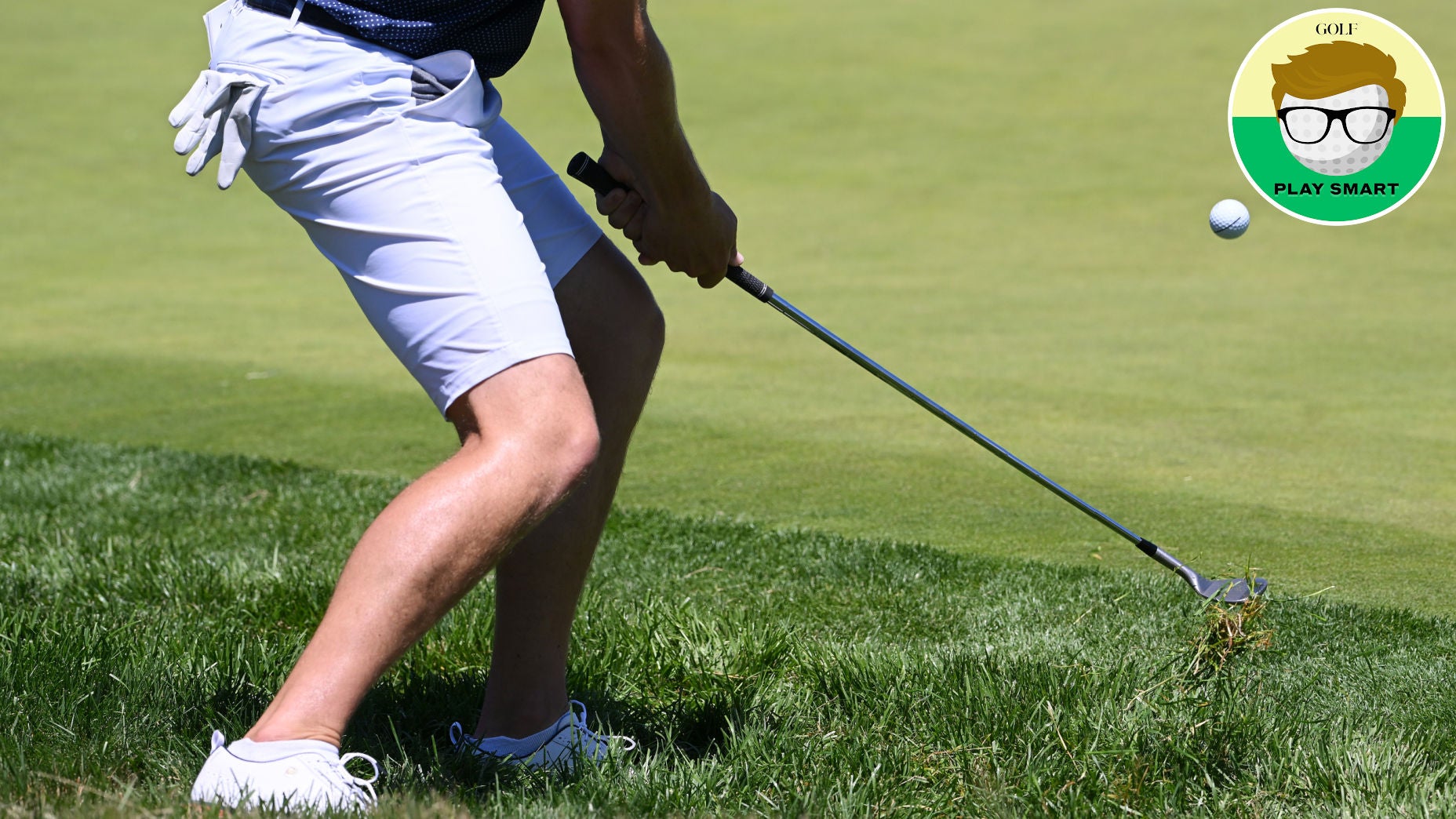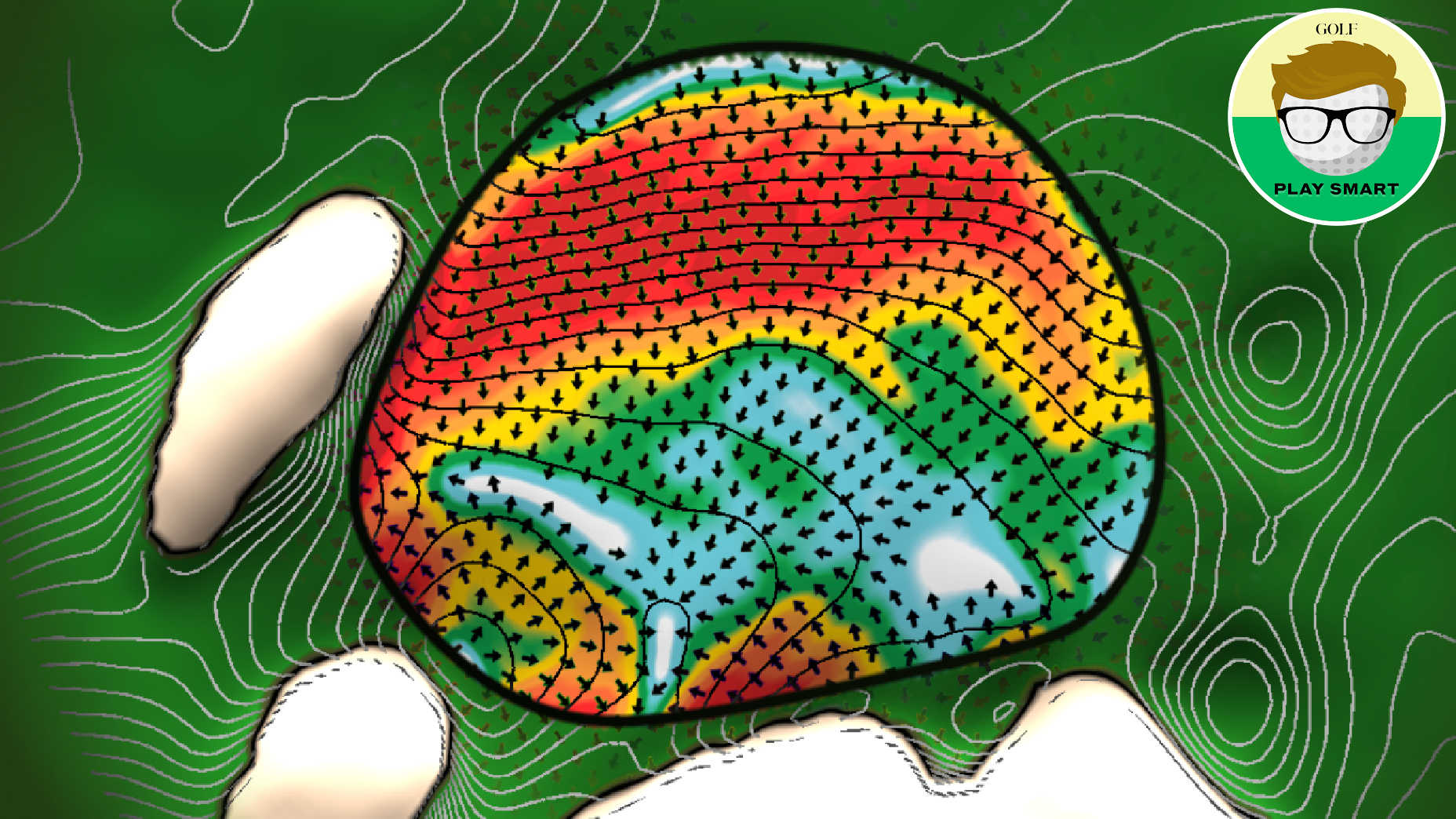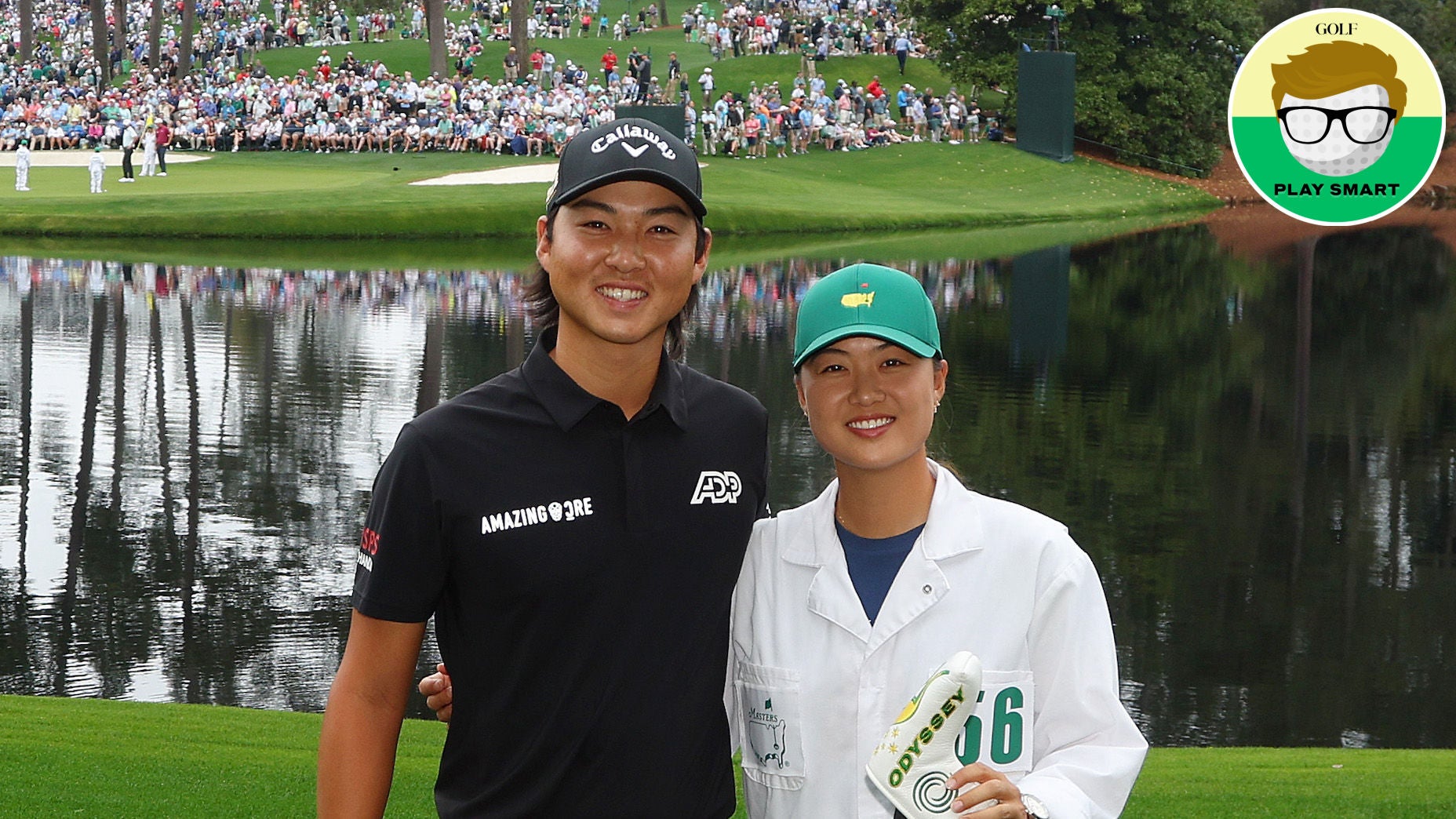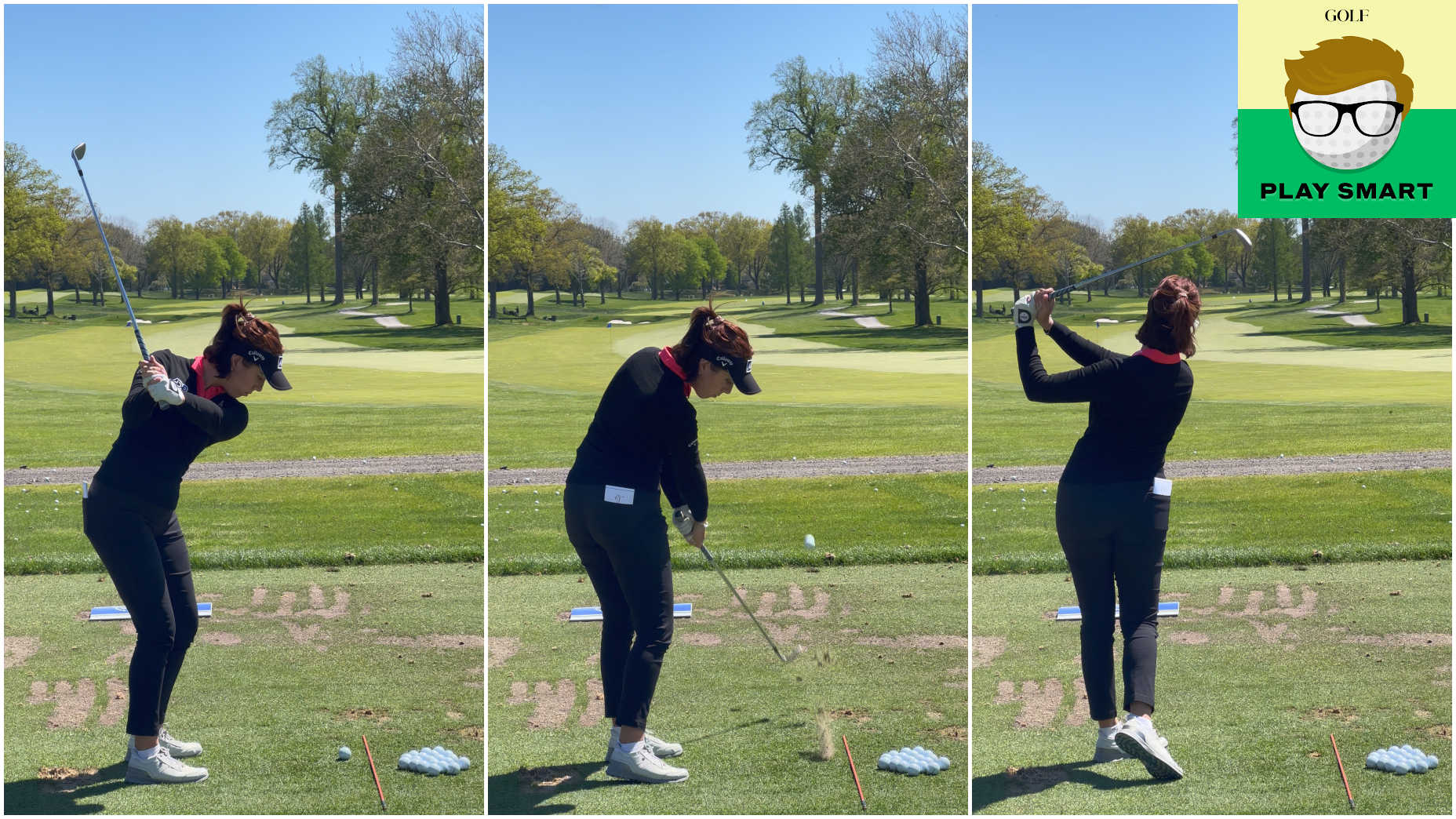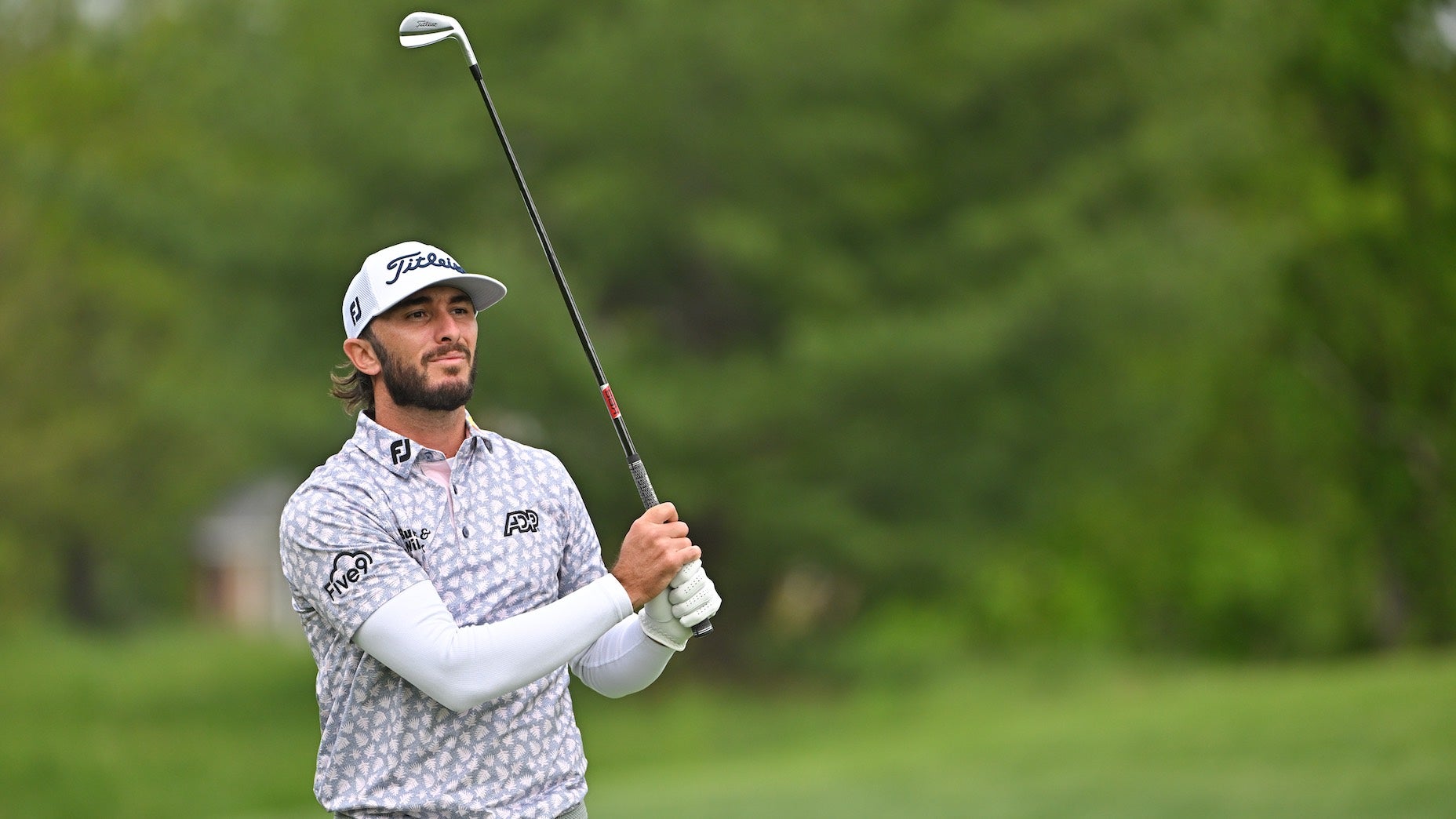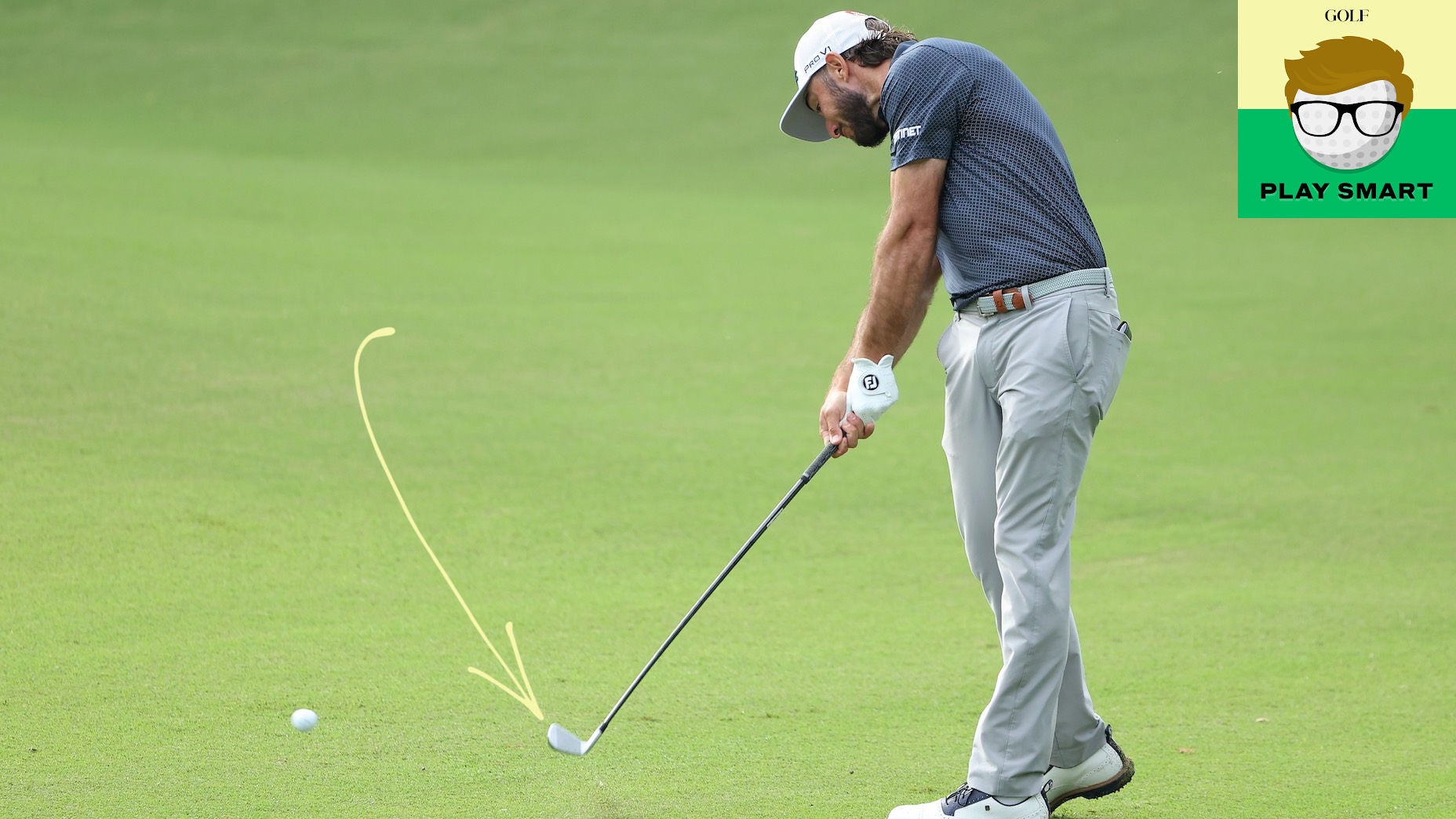In a special edition of Play Smart, GOLF & ADP have partnered to uncover how the best players in the world prepare for the biggest events and how it can help you play smarter, better golf.
***
When they prepare to take their game to the course, there is one thing pros prioritize above all else: getting their golf swing technique in a place where they want it.
That doesn’t mean their golf swing needs to be perfect. But it does need to be in a spot where their golf swing is predictable. That their ball is moving in their desired direction more often than not. And when things do go wrong, that they know why — and how to fix it.
But it’s not always something that comes easy. Pros go through periods where they struggle getting a handle on their technique just like the rest of us, as two-time LPGA Tour winner Céline Boutier revealed at the Shoprite LPGA Classic this week.
“I have been struggling a little bit with my long game the past few weeks, so just been trying to get a hold of that,” she said.
But she’s working her way through it, she says. The key to help her do it?
“A lot of reps,” she says.
But there’s a catch.
The difference between good reps and bad reps
The issue Boutier has been struggling with recently, she says, is her swing path. She tends to get the club stuck too far behind her, which causes her to hit blocks right or over-draws that curve left. To correct it she’s been taking more reps by hitting golf balls making sure the club moves less in to out. But before you go sending golf balls aimlessly into the distance, more isn’t always better.
Bad reps are when you hit lots of golf balls without any feedback about whether what you’re doing is right; when you’re not aiming at a target on the range, or when you’re not practicing with any clear goal. If you do these, you might as well not practice at all.
To take your range swing to the course, you need more of the right reps. That means creating a practice station that gives you feedback — so you know if you’re making the move you want to, the moment you make it. If you’re not practicing with feedback, you’re wasting your time. If you do, you’ll be preparing your swing for when you need it.
“I want to make it so I don’t have to think about [my swing] so consciously on the course,” she says. “That is the goal.”


